Many books have sojourned on my bedside table this year - and on several other surfaces I shall not name - so I decided to review some of my favourites.
What’s different about this list is that it lives in the past, in the present, and in the future. You will find:
Five Books = a selection of books I have read this year and greatly enjoyed
Five BILFs = Books I’d Like to Finish, i.e. books I am currently reading
Five may-Books = a wish list of sorts, books that I may want to read
Help me spread the cult of BILFs! We should all have more BILFs. So we can have more Books, and may-Books. It all starts with the BILFs…
Five Books
Five books I have read.
Figuring by Maria Popova (biographical, interdisciplinary)
It had begun, of course, long before that, for every beginning is an arbitrary point stabbed into the continuum that binds all events and all ages.
This my favourite book of the year. It is as beautifully intricate as life itself, with each chapter, person, and event interlinked across time and space in the vast canvas of our shared human experience. Maria Popova guides us through the lives of both renowned and not-so-famous artists, scientists and activists, most of them of women, most of them queer. Johannes Kepler, Maria Mitchell, Elizabeth Barrett Browning, Emily Dickinson, Harriet Hosmer, Margaret Fuller, Rachel Carson are only some of the names you will encounter. From studying the night sky to searching the depths of the human soul, each of them gave voice to novel ideas, theories and expressions that were often an outright rejection of long established paradigms. We are introduced to intimate correspondence and lesser known works that reveal both the struggles and the joys of people who were, at times remembered, at times forgotten, according to the prevailing narratives of the time.
Our inner multitudes cleave us into contradictions never as perfectly parted as Emily Dickinson's hair in the daguerreotype that sealed her image. We are never one thing, our slumbering potentialities stirred into being by situations in which chance and choice conspire to make us the people we are said to have been.
Maria Popova’s prose is its own wonder of multitudes, abundant in the technical and the lyrical, but never over indulgent. In retracing the lives of so many who came before us, who searched and wrote and loved, we find ourselves treading that liminal space between what was and what is, connected, alive and feeling.
Some loves lodge themselves in the tissue of being like mercury, pervading every synapse and sinew to remain there, sometimes dormant, sometimes tortuously restive, with a half-life that exceeds a lifetime.
Figuring is also an ode to the seemingly improbable marriage of the arts and the sciences, which is the most magical of syntheses. It is telling that the least well-known aspects of many of these artists and scientists are their polymathic traits. In our specialist-obsessed world, would you believe that Kepler wrote a novel about lunar dreams and occult arts, now regarded as the first example of science fiction?
As Rachel Carson - the scientist and writer who spearheaded the early environmental movement - put it:
“The winds, the sea, and the moving tides are what they are. If there is wonder and beauty and majesty in them, science will discover these qualities. If they are not there, science cannot create them. If there is poetry in my book about the sea, it is not because I deliberately put it there, but because no one could write truthfully about the sea and leave out the poetry.”
The Lion Tracker’s Guide to Life by Boyd Varty (personal development)
Outside my door, a story is being told in the night. The tracker inside me is waking up to listen. The tracker inside me wants to be part of telling that story.
At the edge of the Kruger National Park in South Africa, Boyd Varty takes us on an outing to find lions. This is the safari business where Varty spent his childhood and formative years, learning the ways of local wildlife trackers, and studying to become a conservationist. Tracking - the most ancient human art predating even agriculture and permanent settlements - awakens him to a different path in life.
The journey to transformation is a series of first tracks. I don't know where I'm going but I know exactly how to get there. […] Trackers try things. The tracker on a lost track enters a process of rediscovery that is fluid. He relies on a process of elimination, inquiry, confirmation; a process of discovery and feedback. He enters a ritual of focused attention.
Varty finds a fundamental parallel between tracking lions and personal development, and begins training as a life coach. The book chronicles a day out tracking, where descriptions of the physical tracks blur into metaphors about listening out for our true selves, for what we are called to do. In order to find the lion, you might need to follow the gazelle. What is the significance of an elephant footprint overlayed with a wet paw mark? What is the story that is being told? Can you hear your own story?
Track awareness is how attuned you are to what is around you. It is recognizing a track when it appears. It is teaching yourself how to see what is important to you.
The intersection of tracking and soul-searching feels almost inescapable, as if it was always there, written into our DNA since the hunter and gatherer days. This is not a how-to personal development manual - you will find no listicles or productivity hacks. This is not a book of answers - it is a book of questions. If anything, it is a book about how to ask a difficult question, and why it’s worth asking. It is a book I have passed on and will keep passing on, to all of us “forgotten trackers”.
Inside you is the wild part of you that knows what your gift, purpose, and mission are. That part of you is wild and elusive. It cannot be captured, as it is always evolving. To live on its trail, you must become a tracker.
Range by David Epstein (interdisciplinary, history)
We often hear the phrase “Jack-of-all-trades, master of none”, aimed at dismissing horizontal knowledge in favour of narrow specialisation. It is much less common to hear the full version of this phrase, which goes “Jack-of-all-trades, master of none, but oftentimes better than a master of one”. The premise of Range is to lend a critical eye to this dichotomy and bring to light all the wonderful ways in which generalist knowledge matters.
All forces align to incentivize a head start and early, narrow specialization, even if that is a poor long-term strategy. That is a problem, because another kind of knowledge, perhaps the most important of all, is necessarily slowly acquired - the kind that helps you match yourself to the right challenge in the first place.
There are at least two types of learning environment. In a “kind” environment - for example, the game of chess - the rules are immutable, feedback is accurate and usually very rapid. In a “wicked” environment - for example, the social sciences - the opposite is often true. Specialists are likely to thrive in “kind” environments, but it is in “wicked” environments - which include most of reality, unfortunately - that generalists can provide the most value.
The more contexts in which something is learned, the more the learner creates abstract models, and the less they rely on any particular example. Learners become better at applying their knowledge to a situation they've never seen before, which is the essence of creativity.
The book touches on both historical and current examples of interdisciplinary endeavours across the arts and the sciences. We have the Ospedale della Pietà1 in 18th century Venice, a convent and orphanage that produced some of the most famous and talented female musicians of the time, so much so that Vivaldi wrote compositions especially for them. Their musical education was spread across different instruments rather than focusing on the mastery of any single one - they became virtuosos in multiple instruments while playing them like no one had ever played them before, precisely because other musicians were never taught that way.
A second example is provided through the lenses of The Good Judgement Project2, a non-profit organisation founded by Philip E. Tetlock and Barbara Mellers and aimed at "harnessing the wisdom of the crowd to forecast world events". When selecting forecasters to join their team, Tetlock and Mellers found that a small group of foxy forecasters - “just bright people with wide-ranging interests and reading habits but no particular backgrounds” - far outweighed the competition often made up of specialists.
… in the face of uncertainty, individual breadth was critical. […] Agreement is not what they are after; they are after aggregating perspectives, lots of them. In an impressively unsightly image, Tetlock described the very best forecasters as foxes with dragonfly eyes. Dragonfly eyes are composed of tens of thousands of lenses, each with a different perspective, which are then synthesized in the dragonfly's brain.
Complement Range with a book by Waqas Ahmed, The Polymath. Ahmed introduces us to several polymathic thinkers across the ages, beyond the most obvious ones, and argues that the Industrial Revolution of the 1800s determined a radical shift in our approach to learning and knowledge management. This is the beginning of “professional specialisation” worldwide, when “different disciplines of knowledge were being institutionalised in the form of academic departments at universities”. He goes on to argue that this model stunts innovation and, perhaps most importantly, creates alienated workers, and limits our understanding of complex, interconnected challenges such as social inequality and climate change.
Quoting art historian Sarah Lewis, Epstein writes:
The word "amateur," […] did not originate as an insult, but comes from the Latin word for a person who adores a particular endeavor. "A paradox of innovation and mastery is that breakthroughs often occur when you start down a road, but wander off for a ways and pretend as if you have just begun."
Good Work by Paul Millerd (biographical, careers)
I was embracing what I eventually started calling my pathless path, which did not come with any semblance of a plan. This is the challenge of good work: searching for it might lead you away from what others view as “success,” and it might even lead you to question your own sanity…
Paul Millerd writes about his path out of a “successful” career and into the search for what he calls “good work” - a meeting of intention, identity and devotion. He questions the societal scripts we are immersed in daily and encourages us to think deeply about how we decide to spend our time. This is not about introducing yet another script, or proclaiming one script to be superior to another - Paul’s story shows vulnerability in the face of uncertainty, and a desire to reclaim our inner ambitions.
For a long time, the word "ambition" has been connected with the pursuit of external success, starting from its derivation from the Latin ambitio, which described the act of Roman politicians soliciting votes, or seeking external approval. But we don’t have to accept this definition today. We can reclaim the word "ambition" by using it to refer to our deeper desires, something author Luke Burgis has called our “thick desires.” As Burgis says, “thick desires are like these layers of rock that have been built up throughout the course of our lives. These are desires that can be shaped and cultivated through models like our parents and people that we admire as children. But at some level, they're related to the core of who we are.” For too long, ambition has been thought of as something that aims outward. It's time to repurpose this word, making it part of the search for good work, which requires us to go inward.
Complement Good Work with The Pathless Path, Paul’s first book, for non-conventional career advice that will not make you want to roll your eyes.
The Heart in Winter by Kevin Barry (novel, western)
Now look up yonder. Look up at yonder moon, he said. You may need to look for a while, he said. Look real hard. Fall into it. Fall into the spell of it. Now tell me if you can see fires on it?
And there she was with Tom Rourke hand in hand in terrible love in the dead of night and the forest deep looking up to the sky and all at once yessir absolutely they could see fires on the moon.
October 1891. A harsh winter approaches, and the miner town of Butte, Montana, makes for bleak scenery to a doomed and daring love story. Tom and Polly set out west on a stolen horse, with bandits, lawmen and degenerates on their tail, traversing a landscape that appears to be pouring out of their own inner world - at times idyllic, at times deadly.
This cruel little book perfectly captures the wonder and longing that haunt the open country - a tapestry of human lives tinged in the colours of winter and the melancholic undercurrent of the western genre. Barry's prose leaps off the page, blending dialogue and description, and often plunging the reader into a sudden stream of consciousness where the boundaries between thought and action are no more.
To get a taste of Barry’s talent, check out his latest winter-time short story on The Guardian.
Special mentions (it’s not just five books, I lied)
Building a Second Brain by Tiago Forte (knowledge management) - a worth-while read for those looking to re-organise their digital assets and note-taking systems, or just read with more focus and intention.
Craft and Current by Janisse Ray (writing) - an excellent book on the craft of non-fiction writing, part biography and part writing manual; if there is one takeaway from this book, it’s this: “The world needs stories. Human civilization depends on them. I believe that all stories matter. Your story matters. I for one long to know who you are, what you have seen, and what you know. You matter to life itself. What happens to you matters.”
All of Austin Kleon’s books: Steal Like an Artist, Share Your Work! and Keep Going (in this order) - the ultimate inspiration guide for creatives and anyone who has even the smallest inkling for creative endeavours. “The manifesto is this: Draw the art you want to see, start the business you want to run, play the music you want to hear, write the books you want to read, build the products you want to use — do the work you want to see done.”
Nexus by Yuval Noah Harari (history) - from the author of the bestseller Sapiens, this instalment explores the rise of information networks and their impact on human progress, with an eye to the ethical implications of artificial intelligence; plus, it has a pigeon on the cover, so how could you say no?
Five BILFs
Five Books I’d Like to Finish:
Ten Birds That Changed the World by Stephen Moss - as the title suggest, this is a mix of two of my favourite subjects, birds and history! So far, I have covered the Pigeon, the Raven and half of the Turkey. Many wonderful feathery things lie in wait!
Cornish Horrors: Tales From the Land's End by Joan Passey (editor) and The Collected Ghost Stories by M. R. James - two books (yes I lied again) of mostly gothic short stories, that I peruse at my leisure. The first book collects stories linked to an English region close to my heart, the South West. The second book is by a medievalist scholar of the early 1900s, who draws on his interests in antiquaries and the ancient folklore of East Anglia to deliver a modern spin on the genre first pioneered by the likes of Edgar Allan Poe.
Drawing on the Right Side of the Brain by Betty Edwards - this book was first published in 1979 but it remains one of the brainiest manuals for learning how to draw (pun intended). The left side of the brain is the ”reasoning” side, the one that leads with judgement and often paralyses any attempt at creativity once we are past the childhood years. The book contains a collection of exercises on the fundamentals of drawing (edges, spaces, proportions, perspective…) aimed at stimulating the right side of the brain, the intuitive side, and tricking the left side into silence, so that we might get on with the fun stuff.
Consolations II by David Whyte - a collection of short essays on the deeper significance of everyday words, ranging from 'Anxiety' to 'Body', 'Freedom', 'Shame' and 'Moon'. Each of them original, meditative and delightful - this is one BILF I will savour…
30+1 Cifre che raccontano l’Italia by Guendalina Anzolin and Simone Gasperin - this is an Italian-only entry on around thirty “numbers” associated with various aspects of the Italian economy (e.g. minimum wage, gender pay gap, R&D investments…). The topic invites plenty of “debunking” of the half-truths we hear on a daily basis so, dear fellow Italians, please grab a copy.
Five may-Books
Five books I may want to read:
The Knowledge: How to Rebuild Our World from Scratch by Lewis Dartnell - an interdisciplinary pop-science primer on how agriculture, basic technologies, clothing and other fundamentals of civilisation might be re-created “from scratch” (not that we would ever need any of this!).
Something about the ocean - I have a long-enduring fascination for the sea and the fish, any of the following recommendations I have collected could work: The Underworld by Susan Casey, Deep Water by James Bradley, or L'uomo con lo scandaglio by Patrik Svensson.
The Silk Roads: A New History of the World by Peter Frankopan - the British Museum in London has a fantastic temporary exhibition on the Silk Roads until the end of Feb 2025, so it is the perfect time to pick up this hefty bestseller.
Gödel, Escher, Bach: An Eternal Golden Braid by Douglas R. Hofstadter - an interdisciplinary journey across art, mathematics and music, through the lenses of cognitive science. Buckle up!
Something about the local history of my hometown, Cremona, and something about the local history of the borough of Islington in London - any recommendations?
Have you read any of these books? Has any sparked an interest? What do you think of BILFs? Let me know in the comments below!





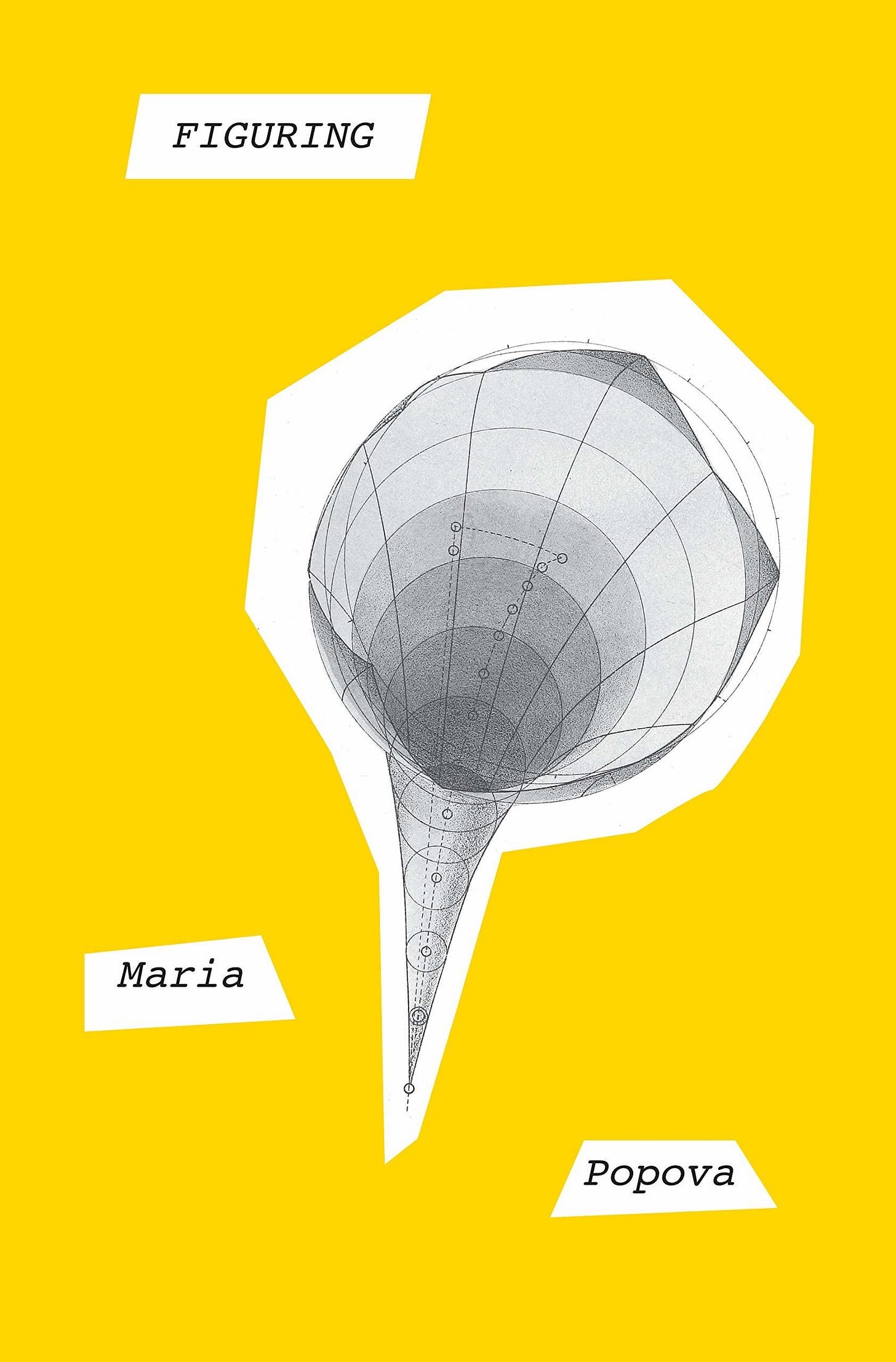
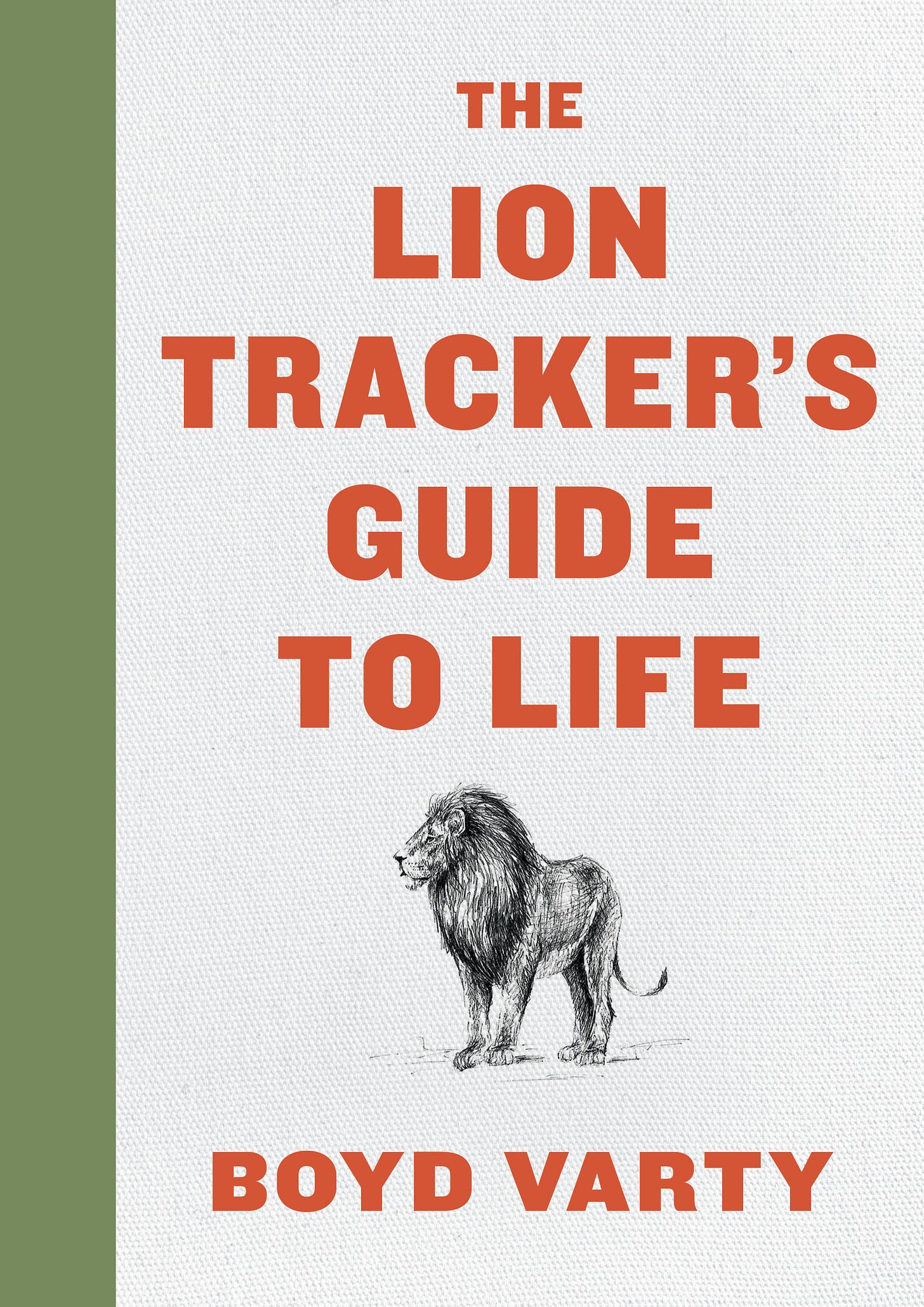
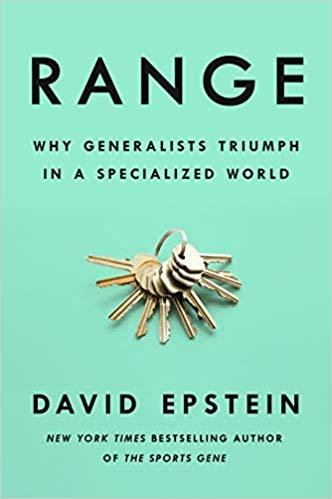
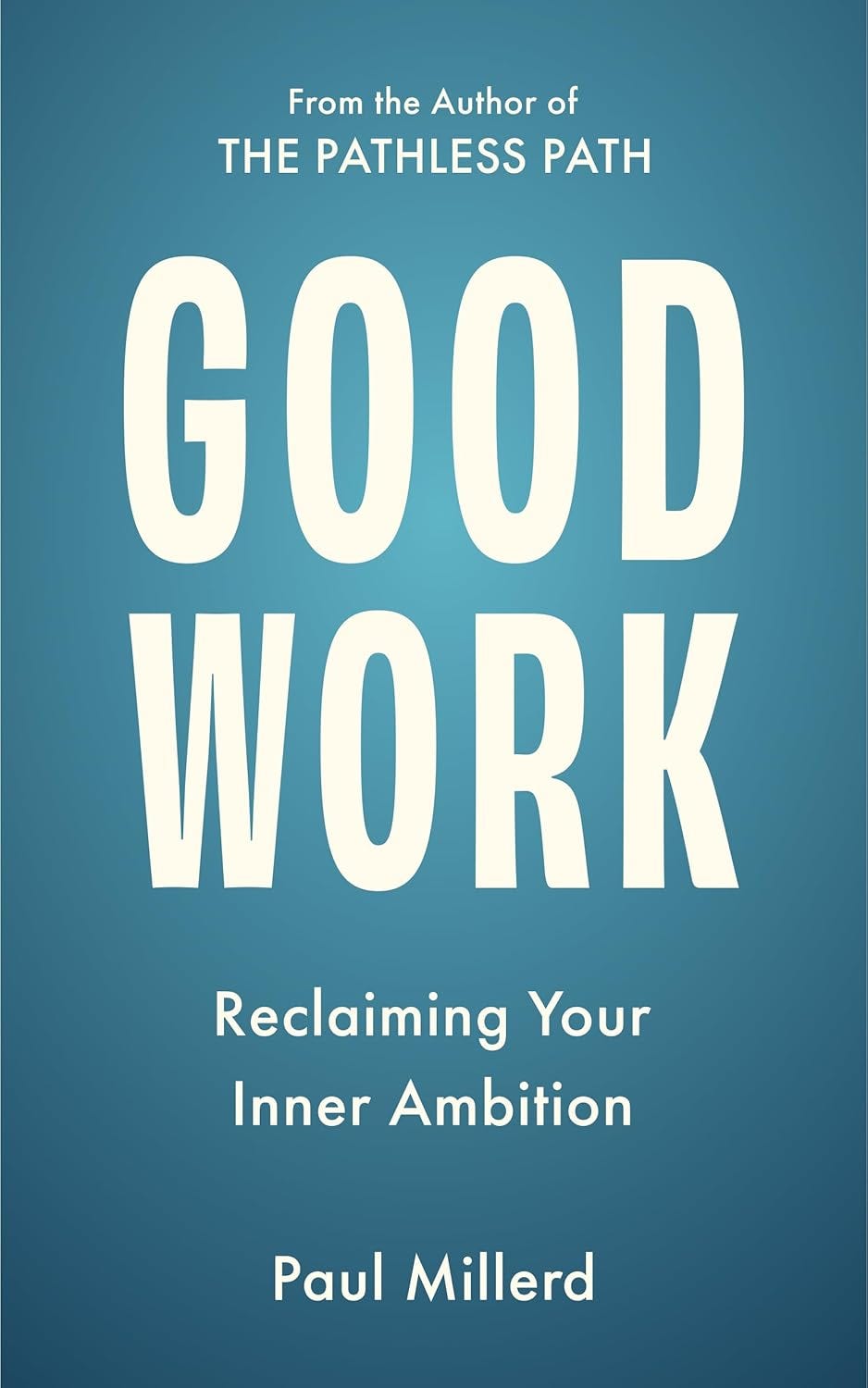
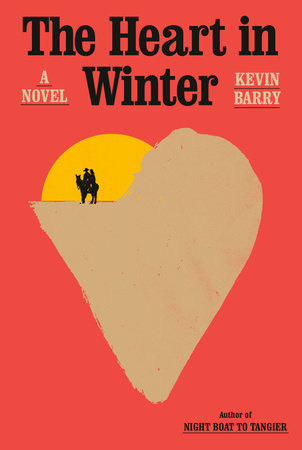


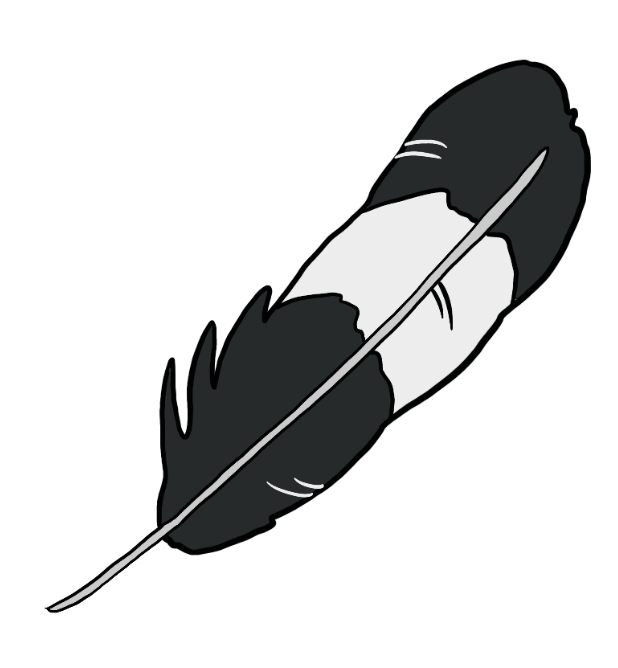
Just like Ved, I love reading those posts but end up adding all the books to a neverending tbr 🙈 You make a compelling case for all of them though, thank you!
As an aside, "bifle" in French is quite an interesting (sex) word. I'll let you search it up if you want, but I love the added connection there 😂
I get scared when I read book lists because I know I'll want to read everything but I'm only one person
Godel Escher Bach is on my list as well. Not sure when i'll tackle that monster.